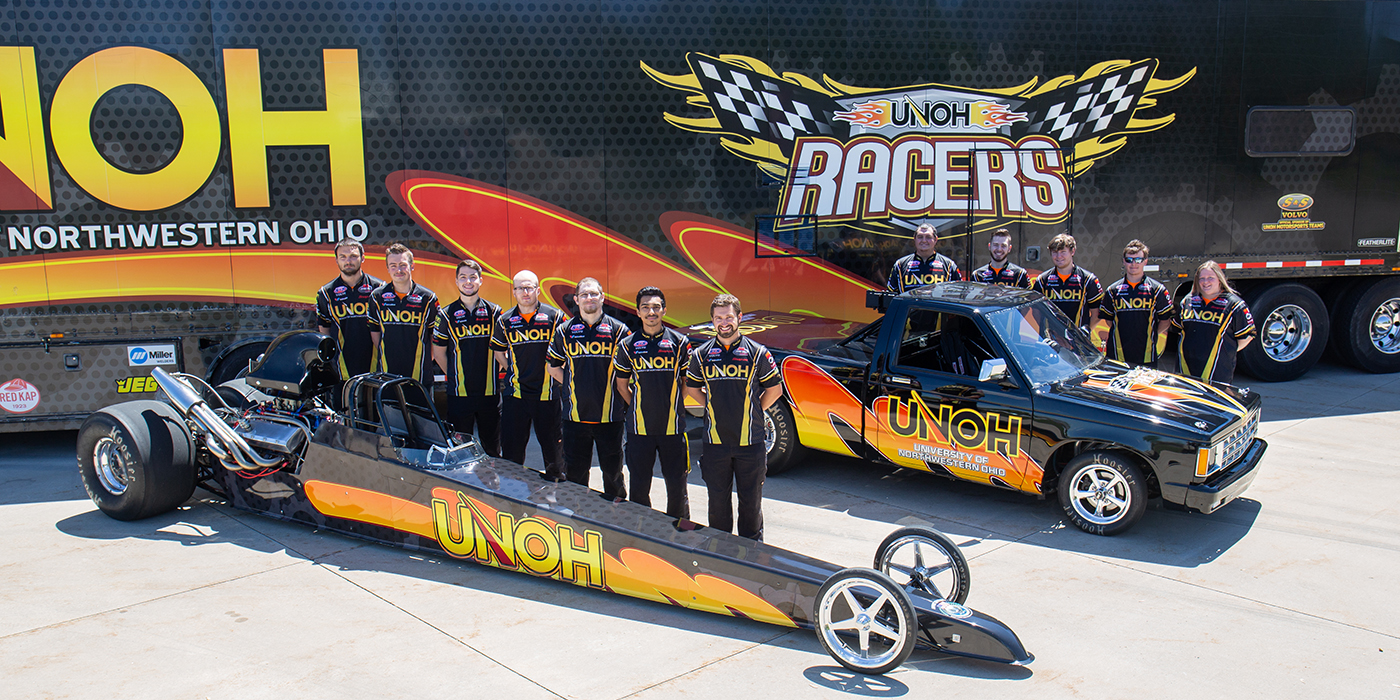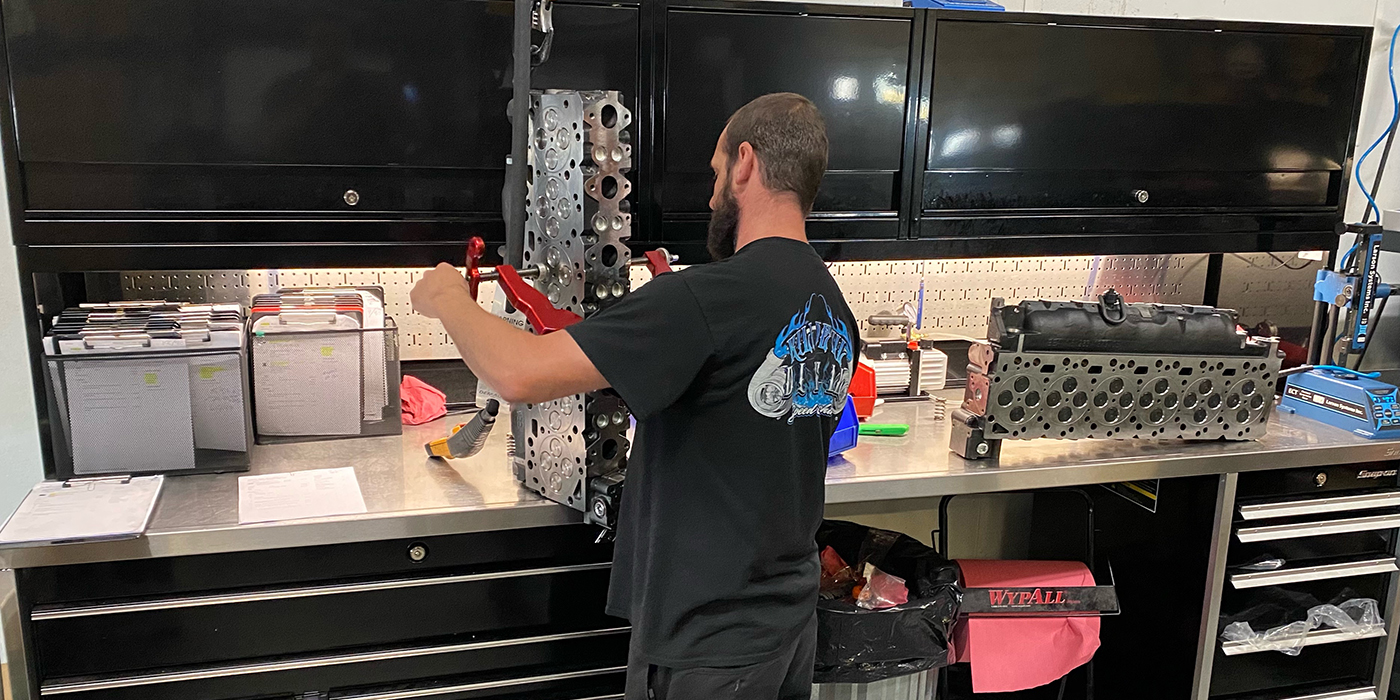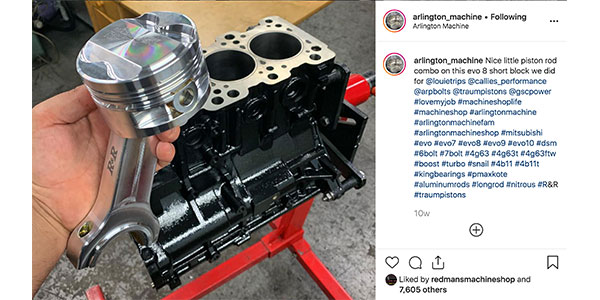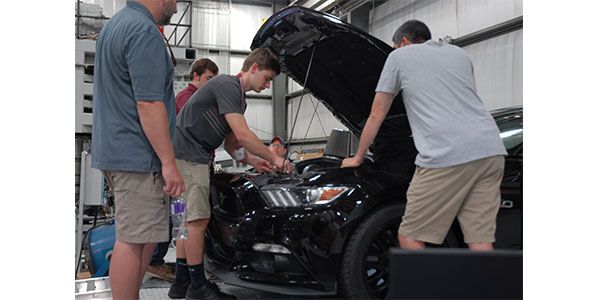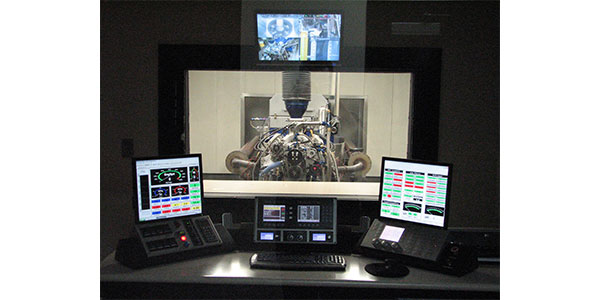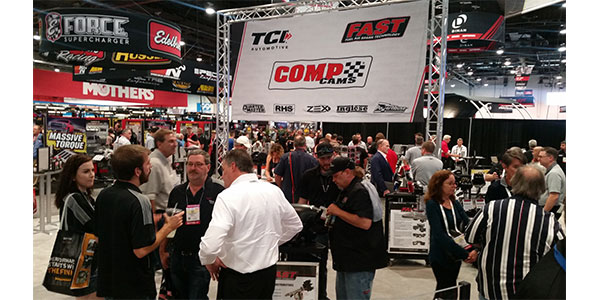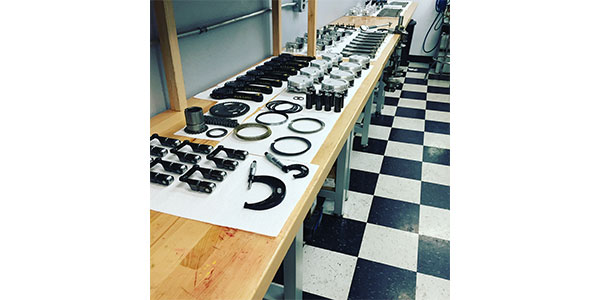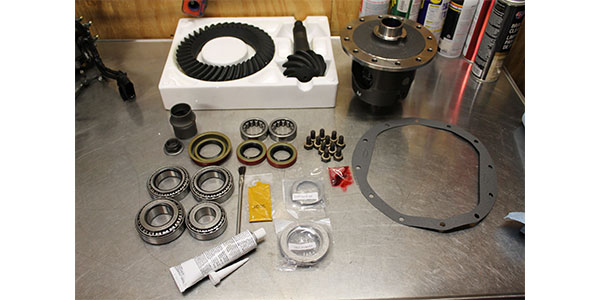 Although well intentioned, the folks who think that a first time caller decides where to bring their engine for a rebuild is based solely on price are dead wrong. Price is not, never has been, and never will be the most important consideration for a first time caller who is trying to decide where to have their engine rebuilt/installed.
Although well intentioned, the folks who think that a first time caller decides where to bring their engine for a rebuild is based solely on price are dead wrong. Price is not, never has been, and never will be the most important consideration for a first time caller who is trying to decide where to have their engine rebuilt/installed.
Let me be clear – price, or more specifically price range, is something that is taken into consideration during the decision making process, but it is not at the top of a first time caller’s priority list.
Often times first time callers will ask about price because they don’t know what questions they should be asking. The vast majority of your customers and first time callers are not “car people.” They are accountants, or school teachers or construction workers or whatever they happen to do for a living. Asking about price is a way to start a conversation, and also something that a “non-car person” feels they can talk about with some confidence.
So, you are probably wondering, “If price isn’t the most important thing for a first time caller, what is?” Great question!
The things that influence a first time caller’s decision making process the most when they are looking for somewhere new to get their car serviced are:
Confidence and Comfort– A first time caller has to feel confident that they will be well taken care of by you and your shop, and they have to feel comfortable in taking a chance on you. Think about it… unless a first time caller just moved to your town, they were probably one of your competitor’s customers recently. Why are they now shopping for a new machine shop? Something negative happened, or the caller perceives that something negative happened at the last shop, which has caused them to look elsewhere for help. They are anxious, have their guard up and are leery about wasting their time with another one of “those shops.” They absolutely want to avoid another negative experience.
The good news is that you can control the outcome of this situation through your actions. You can treat first time callers in a way that encourages confidence and comfort. You can make thoughtful and educated recommendations based on the caller’s needs and concerns rather than coming across as a pushy salesman. You can treat a first time caller with courtesy, respect and kindness. All of these actions, which you have the ability to control, instill confidence and comfort in a first time caller and will make it much more likely that they will agree to make an appointment, and subsequently bring their car into your shop.
Value – Value means different things to different people, depending on the situation. For some people, value may mean “a great deal,” which could be a combination of price and quality. For someone else, value may mean that they feel good about their buying decision after it’s all said and done. And for others, value may mean that they feel they were treated with respect and courtesy during the purchasing process.
Like and Trust – When you boil it all down, the biggest influence on whether a first time caller decides to take a chance on you and bring their engine into your shop is if they like you, trust you and view you as credible. They have to feel that you are genuinely concerned for their well-being and interested in helping them solve their problem. If a first time caller likes you and feels like you truly want to help, pricing questions and objections are easily overcome or completely avoided.
Unfortunately, most people don’t make the effort to get to know a first time caller or take specific actions to get the caller to like them, trust them and make them feel comfortable with that initial phone interaction. They immediately resort to quoting a price or attempting to price match to get the caller in the door. If they took the time to lower the caller’s anxiety and instill confidence that they genuinely want help the caller resolve their problem, the pricing questions and objections tend to disappear.
So, how do you get a first time caller to like you, trust you and view you as credible? Glad you asked!
Voice Tonality – A study done by the University of California at Los Angeles on what influences the outcome of a sale (in our case, the “sale” is the first time caller making an appointment to bring their car in), discovered that 55% of the time it’s visual input, 38% of the time it’s voice tonality and 7% of the time it’s the specific words that are used. For a first time caller, there is no visual input, so they are making their decision to make an appointment based mostly on voice tonality. In this situation, it is much more important how you say something than what you specifically say. Your voice tonality conveys a strong message to the customer, either positively or negatively. If your voice tonality indicates that you are happy, upbeat, engaging and interested in helping, the caller will like you and be much more likely to give you their business.
Validate and Restate – A customer will like and trust you if they feel that you genuinely care about them and their situation, and that you have heard and understand their needs and concerns. You can accomplish this by validating and then restating what the caller has said. Using phrases like, “Let me make sure I understand you correctly…” or, “I understand what you’re saying…,” and then restating what the caller has said will send a strong message that you care about the caller and understand their situation and concerns. First time callers will respond very positively to this.
Ask Questions – Ask thoughtful, relevant questions to discover information about the caller’s needs and concerns. Needs are relevant to the repair or service they are calling about and concerns are relative to how the caller feels about the situation (disruption to their life, concerns with the cost of the repair, inconvenience of being without their car/engine temporarily, etc.). Get the caller to talk about themselves and their situation by asking open ended questions. When you respond with genuine interest, the caller will know that you really do care about them and in return, they will like you and be much more likely to agree to bring their engine in.
This article was contributed by Kirk Gray, an expert at turning first time callers into customers who heads up Elite’s Appointment Pro, a service that provides targeted mystery calls and detailed evaluations of how well your advisors are securing appointments. If you’d like to convert more first-time callers into customers, learn more about how Appointment Pro can help you increase your sales.


